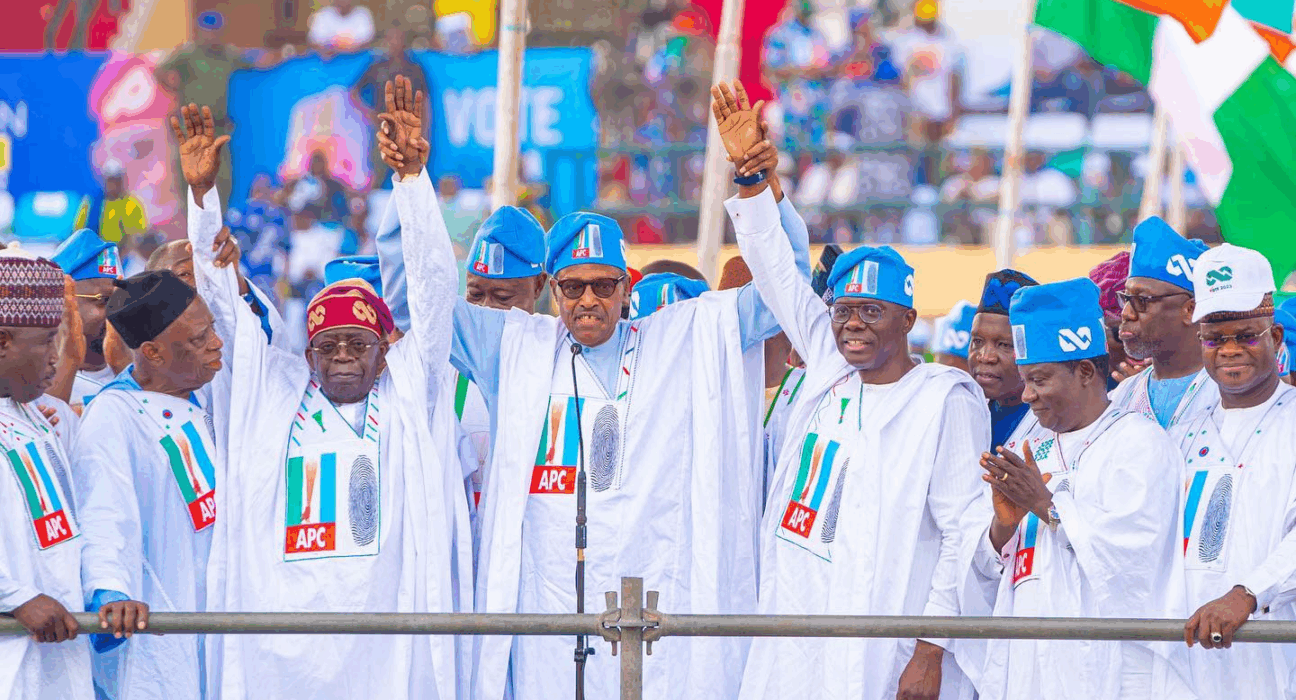A significant development in the political landscape of Lagos has unfolded with the confirmed reconciliation between President Bola Tinubu and Governor Babajide Sanwo-Olu. The resolution of the reported rift between these two prominent figures has sparked a sense of relief among party members and observers alike.
In a statement released by Mr. Bola Babarinde, former Chairman of the All Progressives Congress (APC) in South Africa, he expressed his satisfaction with the newfound harmony between Tinubu and Sanwo-Olu. Babarinde’s remarks highlighted the positive implications of this reconciliation for both the party and the wider Nigerian political sphere.
“The recent reconciliation between President Tinubu and Governor Sanwo-Olu offers great relief,”
stated Babarinde.
“It is a positive sign not just for Lagos, but for Yorubaland and Nigeria as a whole.”
The public acknowledgment of forgiveness by Tinubu towards Sanwo-Olu during a closed-door meeting with members of the Lagos State Governor’s Advisory Council has been perceived as a symbol of wisdom, forgiveness, and political maturity on Tinubu’s part.
Babarinde further lauded Governor Sanwo-Olu’s leadership qualities, describing him as a humble, principled, and progressive-minded individual. He emphasized his support for Sanwo-Olu’s governance from outside the country while expressing confidence in the governor’s character and intentions.
“If there were missteps, they were certainly not deliberate or intended to hurt Asiwaju Tinubu,”
remarked Babarinde.
“I have been supporting Sanwo-Olu from outside until he invited me to contribute to his administration.”
The significance of this reconciliation extends beyond individual personalities to impact broader aspects of governance in Lagos. Babarinde highlighted the importance of continued peace and cooperation between various arms of government within the state to ensure its economic prosperity remains steadfast.
As experts analyze this reunion within the APC ranks, it is evident that political stability within Lagos holds implications for national stability as well. The resolution of conflicts at such high levels sets an example for constructive dialogue and conflict resolution within political parties across Nigeria.
In conclusion, as tensions ease between key figures like Tinubu and Sanwo-Olu, optimism emerges regarding the future trajectory of governance in Lagos State. The power dynamics within APC structures reflect evolving relationships that can shape policy decisions impacting millions of Nigerians positively.

